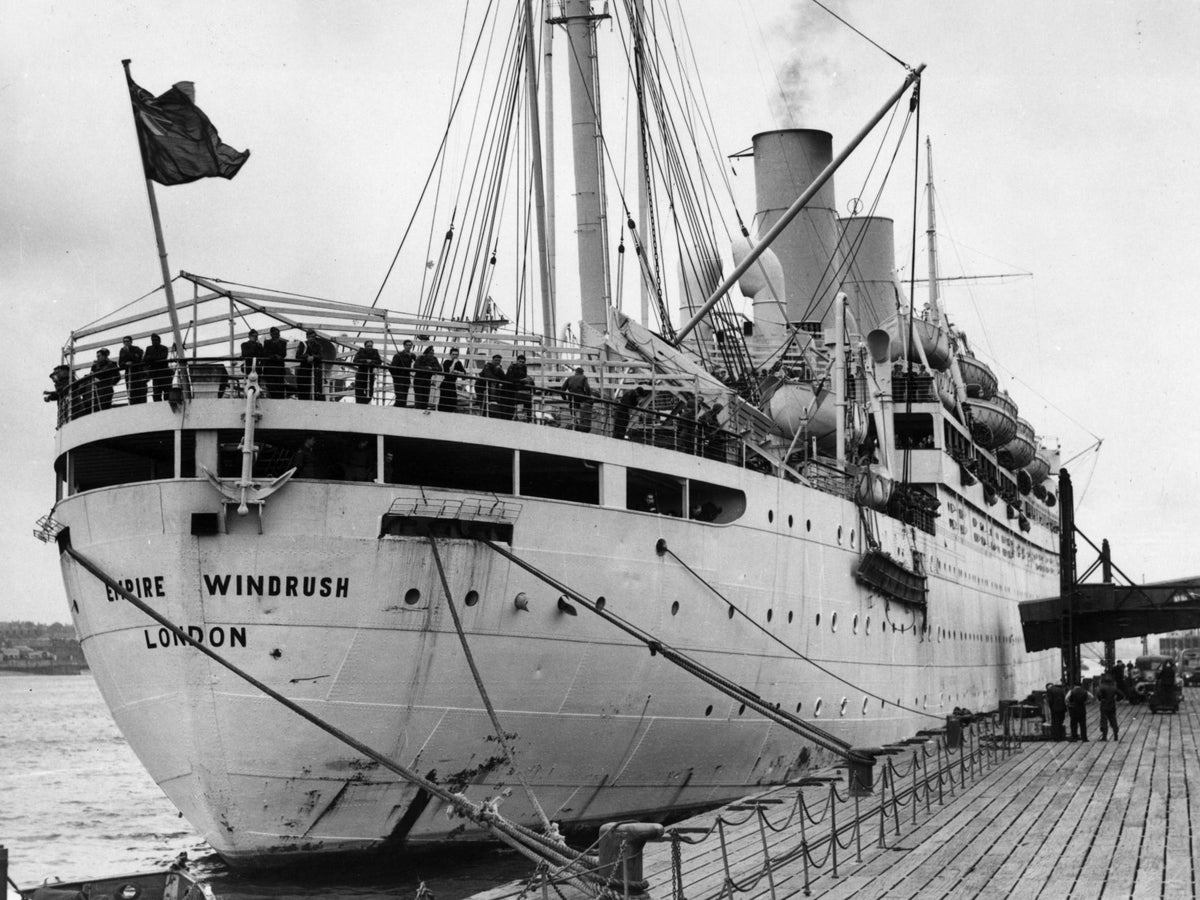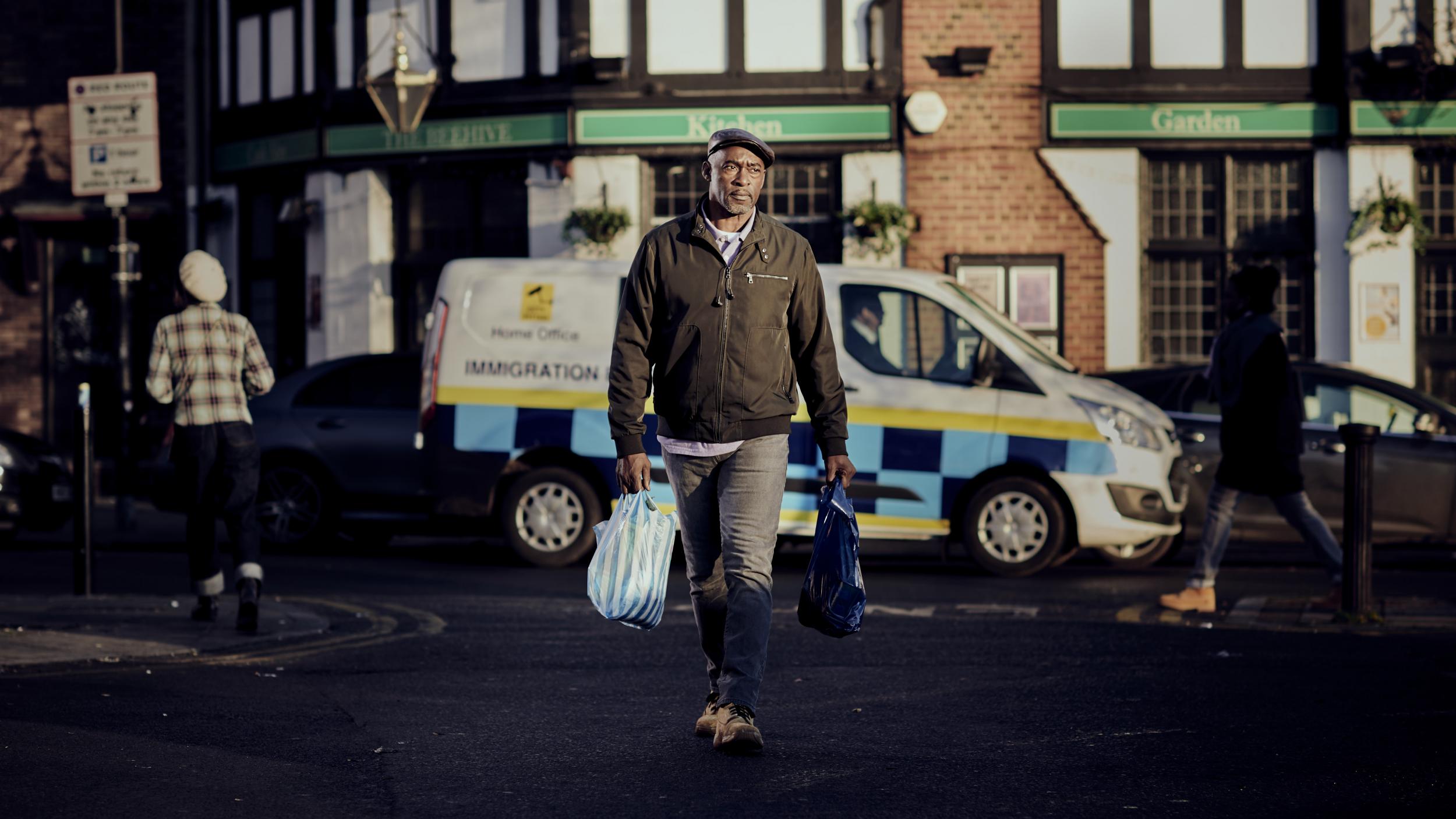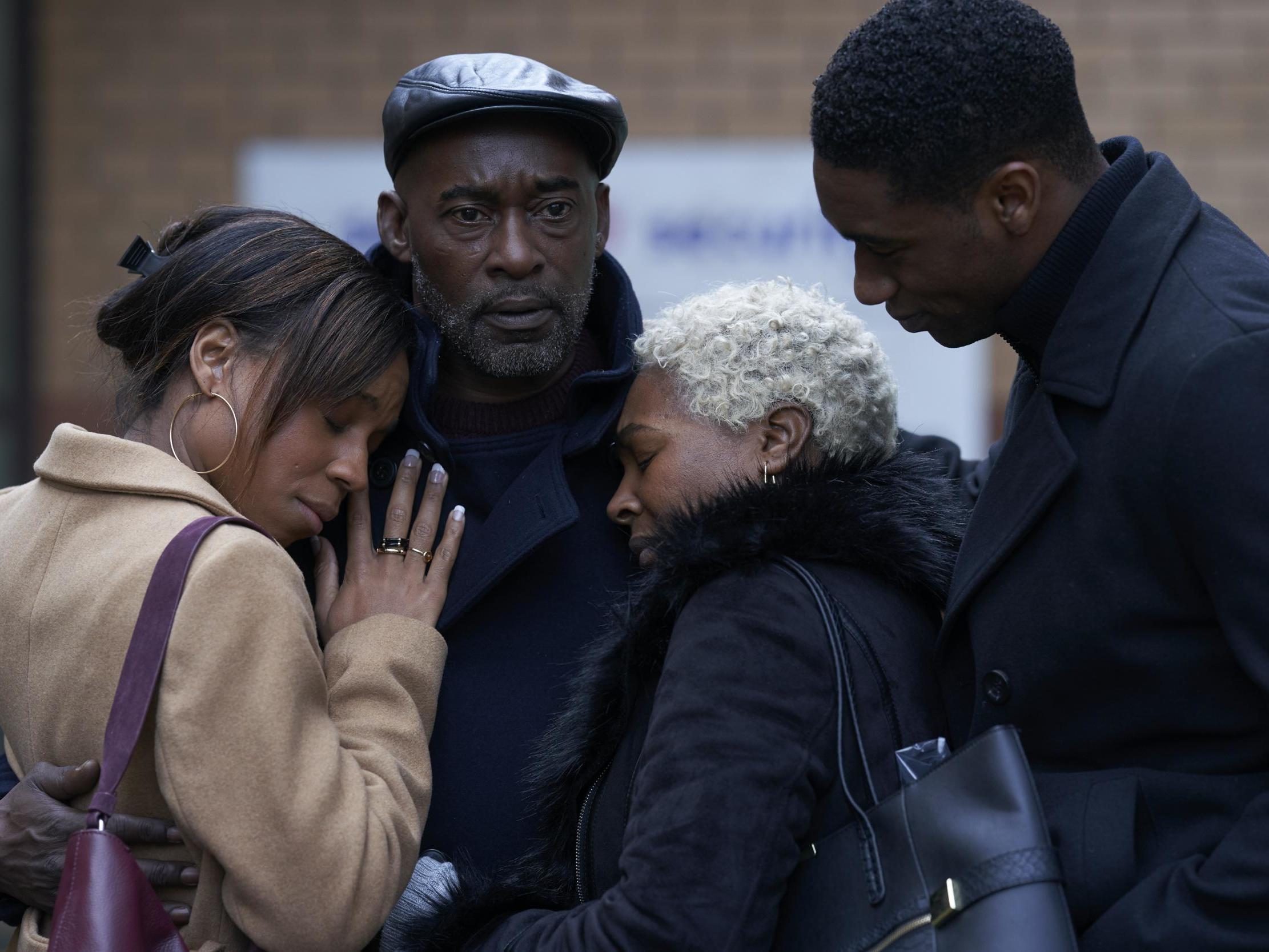
The Windrush Scandal saw hundreds of Caribbean immigrants living and working in the UK wrongly targeted by immigration enforcement as a result of the government’s “hostile environment” policies.
As a result, many elderly people were suddenly barred from working, refused access to government services, and denied access to welfare benefits.
In some cases, they were even detained and deported. It is estimated that at least 50,000 people were affected by the scandal.
Some of the most notable cases include a man who had worked and paid taxes for more than 30 years and was charged £54,000 for cancer treatment, and a woman who had been living in Britain for five decades and was put in a detention centre.
Saturday 22 June marks the sixth national Windrush Day, which was established to honour the British Caribbean community and the Windrush generation, commemorating the arrival of HMT Empire Windrush.
With celebrations planned around the country, thousands of people affected by the Windrush scandal still await compensation through a government scheme that has drawn heavy criticism for slow payouts, ineffective processes, and bureaucracy.
Here’s everything you need to know about the Windrush scandal.
Who are the Windrush generation?
The Windrush generation was a group of Caribbean immigrants who arrived on British shores between 1948 and 1973.
The Empire Windrush ship arrived in Britain with 1,027 people on 22 June 1948.
The immigrants, who were from Jamaica, Trinidad and Tobago, and other islands, were brought to the UK to help fill post-war labour shortages.

When did the scandal begin?
The problem first came to light in April 2018 at a meeting at the Jamaican High Commission in London that saw politicians, diplomats and campaigners demand that ministers provide an immediate remedy for a “developing situation” in which, due to changes in the immigration system, Caribbean immigrants were being deemed “illegal immigrants”.
This meant that elderly Caribbean immigrants were being denied access to NHS healthcare, losing their jobs and even being threatened with deportation.
Why did it happen?
Of around 550,000 people from the Caribbean who migrated to the UK between 1948 and 1973, roughly 50,000 who are still in the UK may not have resolved their residency status, according to information from the Migration Observatory at Oxford University.
Because of a “hostile environment” towards immigration as spearheaded by Theresa May when she was home secretary, the government viewed them as “illegal immigrants” and they were stripped of many of their rights as UK citizens unless they could prove they were UK nationals with relevant documentation.
But most people arrived on their parents’ passports and never applied for travel documents.
What were some of the worst cases?
One prominent case is that of Richard Black, a man who was “stranded” in the Caribbean following a holiday there, and “locked out” of Britain for over 40 years because his citizenship was wrongly removed by the government.
The 70-year-old was finally flown back to the UK in April by the Home Office and he is battling for compensation.
One highly publicised case was that of Albert Thompson, who had lived in London for 44 years after arriving from Jamaica as a teenager.
Mr Thompson went for his first radiotherapy session for prostate cancer only to be told that unless he could produce a British passport he would be charged £54,000 for the treatment.
Despite having worked as a mechanic and paid taxes for more than three decades, Mr Thompson’s free healthcare was denied and he was evicted, leaving him homeless for three weeks.

In another case, Michael Braithwaite, who arrived in Britain from Barbados in 1961, lost his job as a special needs teaching assistant after his employers ruled that he was an illegal immigrant.
Another case was that of Paulette Wilson, who had been in Britain for 50 years when she received a letter informing her that she was an illegal immigrant and was going to be sent back to Jamaica. Ms Wilson had left Jamaica when she was 10 years old and not returned since.
She died in July 2020 not long after receiving hard-fought compensation for her plight.
The government said more than 160 members of the Windrush generation may have been wrongly detained or deported.
Despite the creation of the Windrush Compensation Scheme in 2019, numerous human rights, race equality, and community groups have criticised it as unfit for purpose due to its complexity and delays.
As of March 2024, the scheme has disbursed £85.86 million across 2,382 claims – out of a predicted 50,000 eligible claims – and provided citizenship documents to more than 16,800 individuals.
What was the impact?
The then-home secretary Amber Rudd resigned as the scandal unfolded. She had claimed the Home Office had no deportation targets, but less than 24 hours later admitted that some immigration officers did use targets for the number of people they should deport.
Ms Rudd resigned days later, admitting she had “inadvertently misled” MPs.
An independent review into the scandal has since found there was a “profound institutional failure” that wrongly stripped migrants of their rights, and a later home secretary Priti Patel said: “On behalf of this and successive governments I am truly sorry for the actions that span decades.”
Lessons Learned?
Wendy Williams, published her Windrush Lessons Learned Review in 2020 and all 30 recommendations were originally accepted by Priti Patel.
But in January 2023 it was confirmed that the next home secretary, Suella Braverman, had dropped three: a commitment to establishing a migrants’ commissioner, an increase in the powers of the independent chief inspector of borders and immigration (ICIBI) and reconciliation events.
On Wednesday, the High Court ruled that this decision was unlawful, following legal action brought by Windrush victim Trevor Donald, aged 68.
Black Equity Organisation’s (BEO) chief executive Timi Okuwa said after the ruling: “With Windrush Day on Saturday, we remember and stand with all Windrush scandal victims, survivors and their descendants.
“We are committed to working with the next government to ensure that all the Williams Report recommendations are fully implemented. The work isn’t done.”







